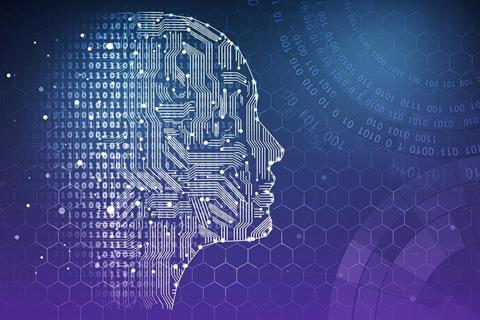Navigating the Ethical Landscape: The Use of Artificial Intelligence in Combating Misinformation

In an age where information travels faster than ever before, the battle against misinformation, or “hoaxes,” has become a critical concern. As technology evolves, the implementation of Artificial Intelligence (AI) to combat hoaxes is gaining traction. However, a recent article titled “Penggunaan Kecerdasan Buatan untuk Perangi Hoaks Perlu Perhatikan Etika” published by Kompas sheds light on the importance of ethics in the utilization of AI for this purpose.
In the digital era, hoaxes have the potential to spread like wildfire, causing confusion, panic, and sometimes even influencing important decisions. The integration of AI into the fight against hoaxes seems like a natural progression. AI can rapidly analyze massive amounts of data, identify patterns, and discern false information. It holds the promise of swift and efficient identification and mitigation of hoaxes.
However, the Kompas article rightly highlights that while the use of AI is promising, it must be executed with utmost care and consideration for ethical implications. The sheer power of AI in influencing content distribution and public perception necessitates a thorough examination of the potential consequences.
One of the central concerns raised in the article is the possibility of AI inadvertently promoting censorship. As AI systems make decisions based on patterns and data, there’s a risk that legitimate content might be flagged or suppressed. Striking the balance between removing hoaxes and preserving free speech becomes crucial.
Additionally, the ethical use of AI in combating hoaxes demands transparency and accountability. The algorithms and decision-making processes employed by AI should be understandable and explainable. Without transparency, the danger of AI becoming an unchallenged arbiter of truth looms large.
The potential for AI to inadvertently amplify biases is another point of concern. If the training data fed into AI models carries inherent biases, the outputs can perpetuate these biases, further distorting information dissemination.
The Kompas article suggests that the solution lies in interdisciplinary collaboration. Ethicists, technologists, policymakers, and content creators should work together to establish guidelines that ensure AI’s role in combating hoaxes is responsible and just. This collaboration can help navigate the fine line between reducing misinformation and infringing upon individuals’ right to access and share information.
The takeaway from the article is that while AI offers tremendous potential to combat hoaxes, its use must be approached with caution, keeping ethical considerations at the forefront. Striking the right balance between technological innovation and safeguarding fundamental values like freedom of expression and information access is imperative.
In the ongoing battle against misinformation, AI can be a powerful ally, but its implementation should be guided by a well-defined ethical framework. As we harness the capabilities of AI, we must remember that technology is a tool – it’s our ethical choices that determine its impact on society.
Source: [Kompas Article](https://www.kompas.id/baca/humaniora/2023/05/26/kecerdasan-buatan-untuk-perangi-hoaks-perlu-perhatikan-etika)

